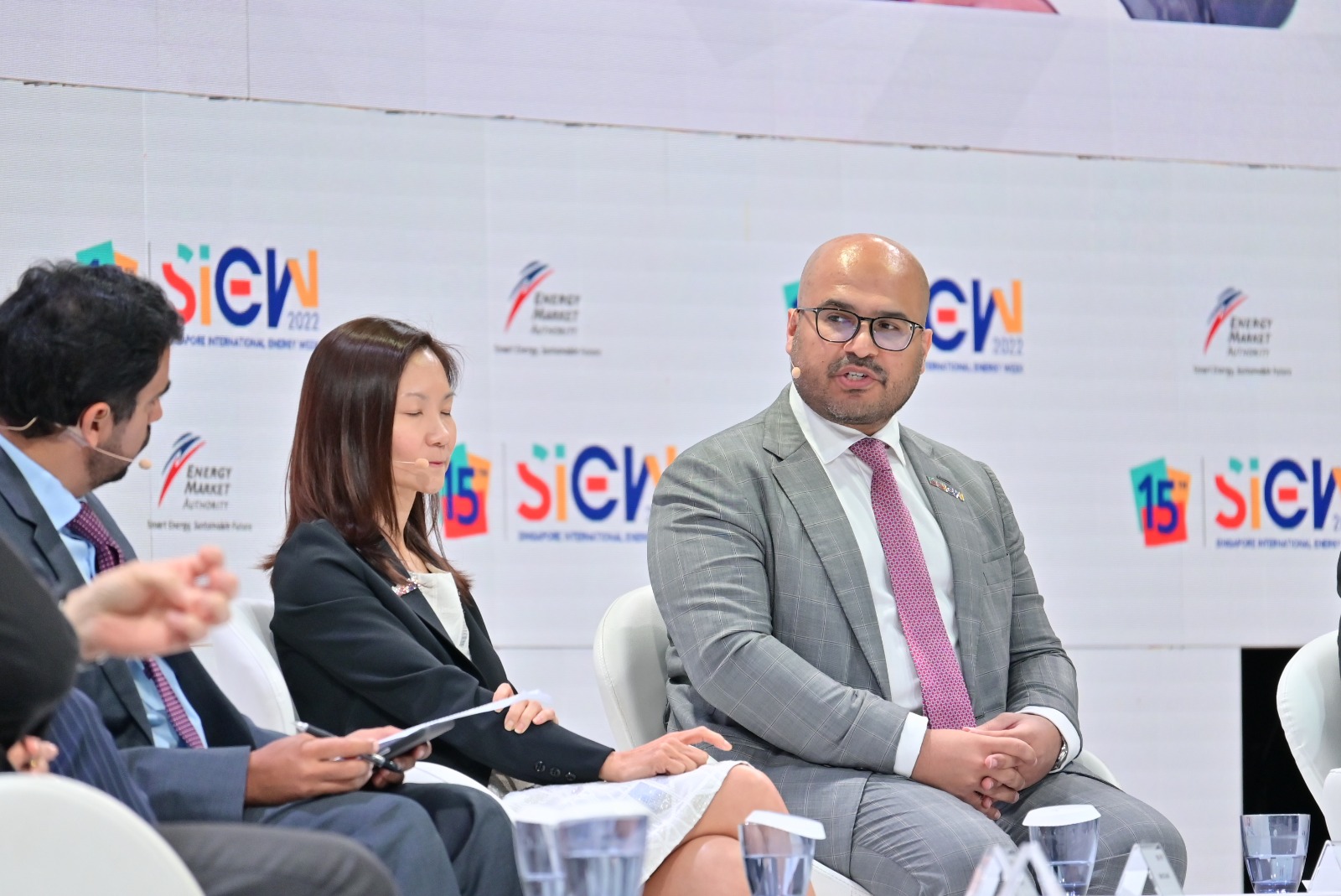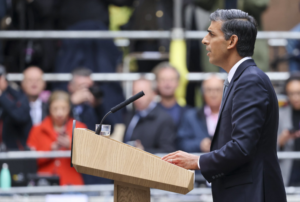
(KAPSARC, 25.Oct.2022) — Renewable energy costs will not be cheaper anytime soon, cautioned Fahad Alajlan, President of Riyadh-based advisory think tank, the King Abdullah Petroleum Studies and Research Center (KAPSARC), at the fifteenth Singapore International Energy Week (SIEW).
Speaking during the panel session, “Mobilising Greener Financing for Energy Infrastructure,” on 25 October, President Alajlan highlighted that higher renewable energy costs must ²be addressed to adjust the public’s understanding.²
The comments from Alajlan highlight the need for more clarity and better governmental policies to inform the public about energy misconceptions.
²The idea that renewable energy sources have the lowest costs has been widely disseminated, and the public may believe that energy costs will decrease in the next two to three years. That is not going to happen and if we don’t communicate this clearly, the public might have an adverse reaction when things don’t go as planned.²
Even though costs of clean energy technology have been decreasing due to economies of scale; a combination of rising demand, disrupted supply chains and limited supply of raw materials threaten these reductions. Cost surges are also influenced by the concentration of several minerals and metals in only a few nations– the top three mineral producers, including lithium, cobalt, and some rare earth elements, currently account for more than 75% of the global supply.
Copper, nickel, and aluminum prices increased by about 25 to 40% in 2021, while those for lithium and cobalt more than doubled. A trend that has persisted into 2022.
Alajlan also cautioned about the shifts in energy perspectives, arguing the need for consistent policies. Shifting energy policies can be observed by looking at how ²in the past years, many institutions discouraged additional investments in oil and gas, which has changed today. A future with sustainable energy necessitates better policy consistency especially regarding long-term infrastructure planning. We can’t just change our stance on policy every year and expect the private sector to invest in long-term energy projects for 2030.
Adding to that, he praised the recently adopted U.S. Inflation Reduction Act (IRA), highlighting that Asian countries could potentially learn from it as a best practice. The IRA is not only the largest climate investment passed in U.S. history, but it also pushes clear policies around technologies incl. renewables and long-term energy incentives that will drive the industry forward. It further allots billions of dollars for long-term energy projects, including initiatives for carbon capture and storage and the oil and gas industry.
Headed by Oliver Wyman, panelists shared perspectives on the development of low-carbon solutions and innovations, as well as sustainable financing in the ASEAN region and globally.
The SIEW is one of the largest gatherings in Asia. Over 1,000 persons attended, including energy ministers and industry leaders. It is a platform for energy professionals, policymakers and commentators to discuss and share best practices and solutions within the global energy space. The industry staple is hosted by the Energy Market Authority, a statutory board under the Ministry of Trade and Industry of the Government of Singapore.
About KAPSARC
King Abdullah Petroleum Studies and Research Center (KAPSARC) is an advisory think tank within global energy economics and sustainability, providing consulting services to the Saudi energy sector. The Center aims to advance Saudi Arabia’s energy sector and inform global policies through evidence-based advice and applied research. KAPSARC is chaired by the Saudi Minister of Energy, His Royal Highness Prince Abdulaziz Al Saud.
____________________

